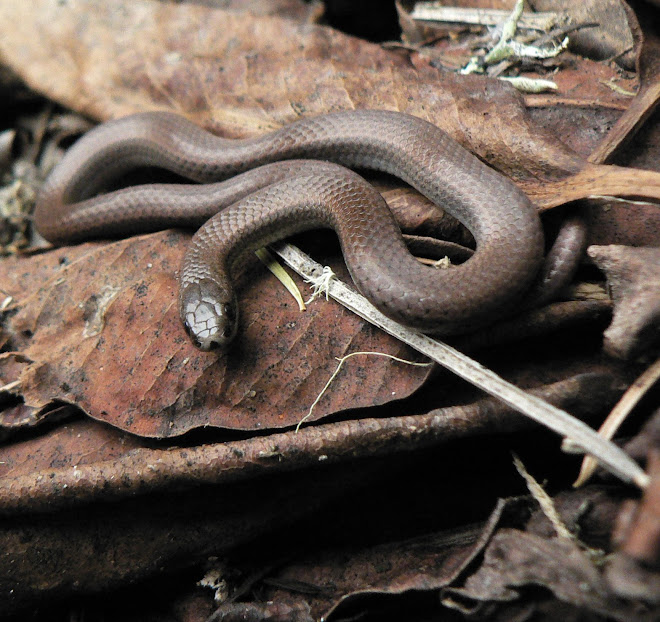Some of
the great delights of summer are road trips with my family, exploring new
destinations or revisiting favourite haunts. This year my daughter Gala and I retraced
our timeworn steps back to a long ago home in Rock Creek in the Southern
Interior. A five-hour drive was stretched to ten hours as we poked along the
highway, Gala looking in thrift stores, and me, stopping at likely butterfly
sighting locations, both of us enjoying the other’s priorities.
It was at one of the butterfly stops (at Strawberry Flats
in Manning Park) that Gala spotted what seemed like an innocuous white PVC pipe
sticking up from the ground, surrounded by nectar laden wildflowers and a
plethora of butterfly species.
However, it was not such an idyllic sight within the
pipe. A terrified vole was intermittently running around and around or cowering
in what passed for a corner in the round, smooth-sided, death trap. For that is
what the pipe was, a hideous chamber of horrors, with multiple skulls and
skeletons of former victims. ‘Gala to the Rescue’, she lifted the terrified
creature out of pipe and after a moment of mutual admiration and a photo op,
the now lucky vole found its way back into the bush. We filled the pipe with
twigs and branches so that, hopefully, this could not happen again, at least in
this location.
 |
| 6" PVC death pipe, about 6 skulls are evident. |
Later, as we cycled the Kettle Valley Trail, we found
another, even larger hellhole. This one was a wide, four or five foot diameter,
cement well ring, maybe six to eight feet deep that was the final resting place
for a large mammal. I’m not a forensic expert, so large mammal is as close as I
can get to describing the remains of an animal that slowly starved to death
within that cement tomb. This one we tried to fill with large branches and even
a small tree that had fallen over.
We’re not the only ones who find these disturbing
graveyards.
According to a paper put out by Audubon California, one
fallen irrigation pipe (6in diameter x 10ft) in California was discovered to
have over 200 dead birds plus other small animals within it. In Nevada it
became such a known problem that they passed a law that called for the removal
of all PVC mine markers. However it is not just uncovered well rings and PVC
pipes that are a danger, any open top vertical pipe can be a death trap.
Do you have an unscreened chimney or vent on your roof or
protruding from the side of your house? Birds cannot climb out of these, be
they PVC, steel or rusting metal. Even pipes leaning against a wall for a few
days can cause the death of a curious bird. And it is not just large diameter
pipes, ones as narrow as 1.5 inches are implicated in this slaughter, even the
steel pipe used for fence posts. This is a slow, silent, hideous, death that is
preventable.
Please check your homes and around your yards to make sure
that you are not contributing to the problem. I’ll be calling BC Parks, to make
my voice heard about their uncapped pipes that must be found and capped or removed.
And I urge everyone to keep your eyes open when hiking. Either uproot any
uncapped pipes, or, if not possible, find a way to make them less dangerous by
filling with twigs, sand, rocks and branches, or covering with whatever is heavy
and at hand.
It is often difficult to believe we can make a difference
in the myriad battles and injustices that we see around us. Reducing the
mortality that death pipes can cause is a step we can all take. The wild
creatures of the world will thank you.










No comments:
Post a Comment